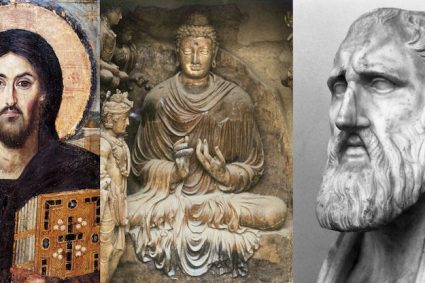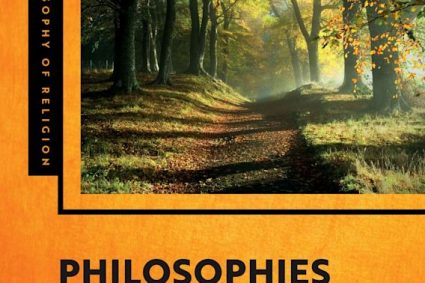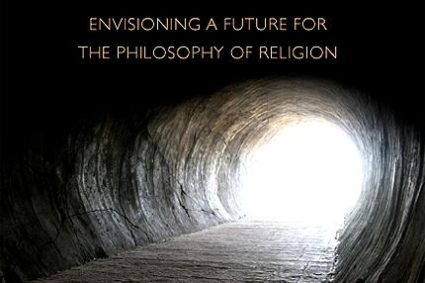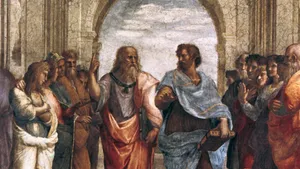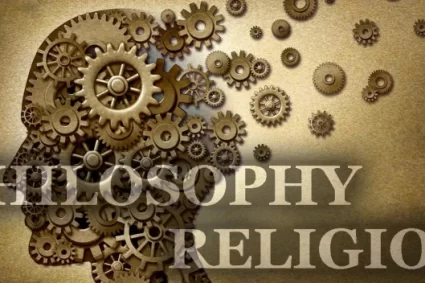
:focal(2808x1872:2809x1873)/https://tf-cmsv2-smithsonianmag-media.s3.amazonaws.com/filer_public/e0/d3/e0d351a9-df01-4f90-bae5-ae224ffbe408/gettyimages-112766116.jpg)
Judaism, one of the world’s oldest monotheistic religions, traces its roots to the covenant between God and the patriarch Abraham, as described in the Hebrew Bible. With a rich history spanning millennia, Judaism has played a significant role in shaping the cultural, ethical, and religious traditions of the Jewish people.
Covenant and Chosen People:
Central to Judaism is the concept of the covenant, a sacred agreement between God and the Jewish people. This covenant, initially established with Abraham, was renewed with Moses at Mount Sinai, where the Ten Commandments and the Torah were given. Jews consider themselves the chosen people, tasked with following God’s commandments and serving as a light unto the nations.
Sacred Texts:
The Hebrew Bible, known as the Tanakh, is the foundational scripture of Judaism. It comprises three main sections: the Torah (Law), the Nevi’im (Prophets), and the Ketuvim (Writings). The Talmud, a compilation of Jewish teachings and commentary, serves as an essential guide for interpreting and applying the laws found in the Torah.
Monotheism and Ethical Monotheism:
Judaism is a staunchly monotheistic religion, emphasizing the belief in one indivisible God. Furthermore, the concept of ethical monotheism underscores the importance of moral conduct, social justice, and ethical behavior as integral expressions of faith.
The Synagogue and Worship Practices:
Worship in Judaism takes place in synagogues, where congregants gather for communal prayer, study, and observance of religious rituals. The Shema, a declaration of the oneness of God, holds special significance in Jewish worship. The Sabbath (Shabbat) is a central weekly observance, marking a day of rest and spiritual reflection.
Kosher Dietary Laws:
Judaism prescribes dietary laws known as kashrut, governing what foods are permissible for consumption. Observant Jews adhere to these laws, distinguishing between kosher and non-kosher foods. The dietary laws contribute to maintaining a sense of holiness and spiritual discipline.
Holidays and Festivals:
Judaism is marked by a calendar filled with festivals and celebrations, each with its own significance. Passover commemorates the Exodus from Egypt, Rosh Hashanah marks the Jewish New Year, Yom Kippur is a day of repentance and fasting, and Hanukkah celebrates the miracle of the menorah in the Second Temple, among others.
Life-Cycle Events:
Life-cycle events, including brit milah (circumcision), bar and bat mitzvahs, marriage, and mourning practices, are significant in Jewish tradition. Each event is accompanied by specific rituals, symbolizing continuity, responsibility, and connection to the community.
Zionism and the State of Israel:
Zionism, a movement advocating for the establishment of a Jewish homeland, culminated in the founding of the State of Israel in 1948. The return to the ancestral homeland holds deep religious and cultural significance for Jews worldwide.
Jewish Diaspora and Cultural Resilience:
Throughout history, Jews have experienced dispersion and persecution, resulting in a widespread diaspora. Despite adversity, Jewish communities have demonstrated resilience, preserving their cultural identity, language (Hebrew), and religious practices.
Adaptation and Interfaith Dialogue:
Judaism has demonstrated an ability to adapt to changing circumstances while maintaining its core beliefs. Interfaith dialogue with other Abrahamic religions, particularly Christianity and Islam, has contributed to mutual understanding and respect.
Holocaust Remembrance:
The Holocaust, a dark chapter in Jewish history, is remembered as a profound tragedy. Holocaust remembrance and education play crucial roles in ensuring that the atrocities of the past are not forgotten and that the lessons learned are passed on to future generations.
Conclusion: A Tapestry of Faith, Tradition, and Identity:
Judaism, with its enduring covenant, ethical principles, and rich cultural heritage, continues to be a vibrant and integral part of the global religious mosaic. The Jewish commitment to faith, tradition, and resilience has left an indelible mark on human history, influencing not only Jewish communities but also contributing to broader conversations about morality, justice, and the human experience.

